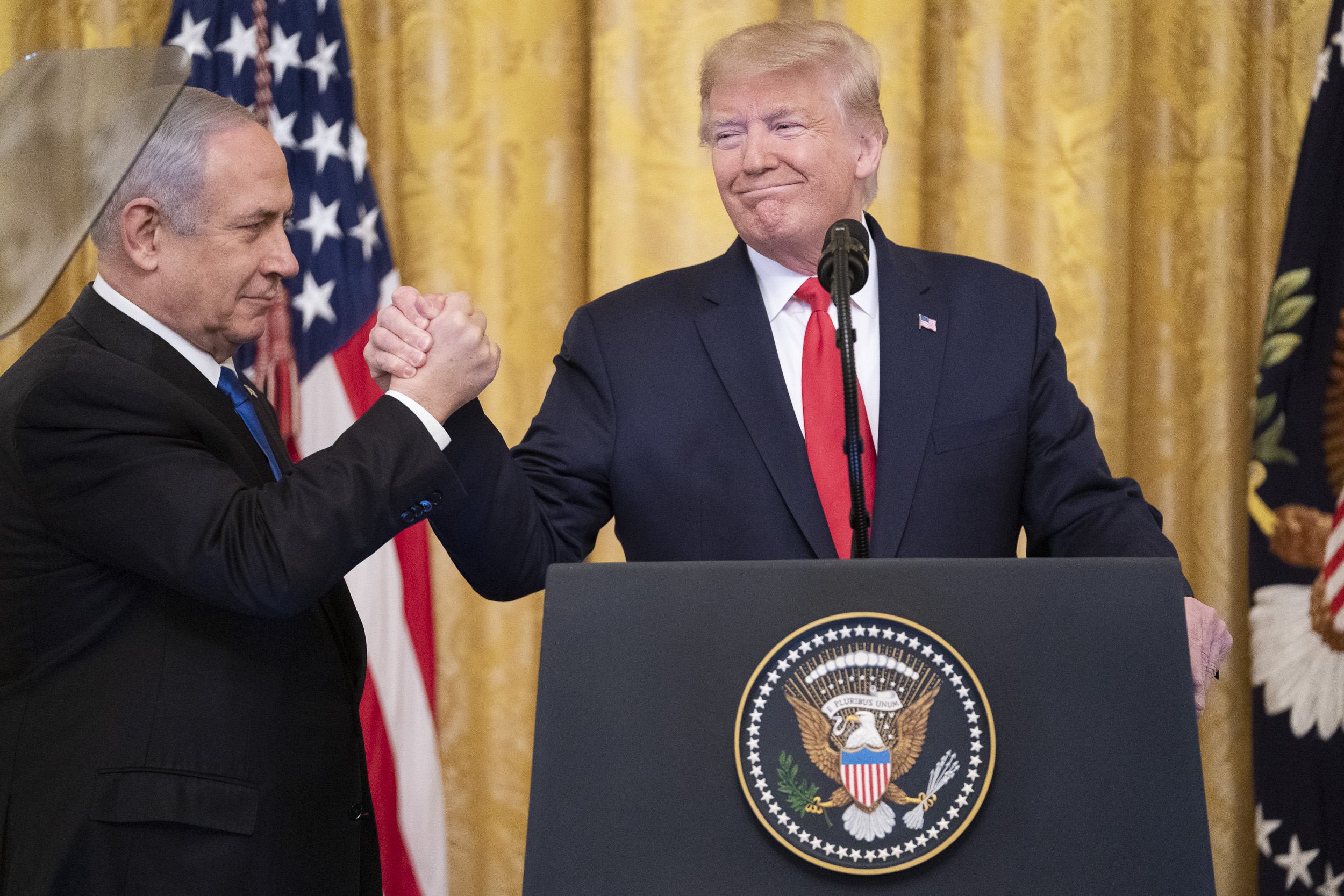Iran, Israel & U.S.: Missile Strikes, Trump's Warning, and Military Mobilization

Amid escalating tensions in the Middle East, Iran has launched a new wave of missile strikes targeting Israeli military facilities, prompting international concern and immediate responses from both the U.S. and political leaders. This article explores the unfolding situation, U.S. military movement, and Donald Trump's remarks.
⚠️ Iran Launches New Missile Strike on Israel
On Monday, Iran confirmed the launch of a new missile barrage targeting Israeli infrastructure. Reports indicate strikes on locations near the Negev and Golan regions. The Iranian Revolutionary Guard stated that the move was in retaliation for recent Israeli covert attacks on Iranian territory.
Although Israeli officials claimed their Iron Dome intercepted several missiles, at least two sites sustained damage. Videos circulated online showed columns of smoke rising above key targets.
📰 Related Internal Article
📣 Trump Warns Iran: 'Negotiate Before It's Too Late'
Former U.S. President Donald Trump issued a direct warning to Iran during a rally in Florida. "Iran is playing a dangerous game. They should negotiate before it's too late. There will be no victory for them," he stated. Trump emphasized that Iran is risking total isolation if they continue attacking Israel.
His statements have reignited debates within U.S. circles about the appropriate American response and whether Trump's policy of "maximum pressure" is being vindicated.
📰 Related Internal Article
✈️ U.S. Deploys Refueling Planes, Aircraft Carrier to Region
In a move signaling growing concern, the U.S. Department of Defense announced the relocation of several KC-135 Stratotanker refueling planes to strategic positions in the Gulf. Simultaneously, the aircraft carrier USS Dwight D. Eisenhower was ordered to move closer to the eastern Mediterranean.
Defense analysts interpret these maneuvers as preparation for both defensive operations and potential evacuation efforts if the conflict spirals into regional war.
📰 Related Internal Article
🌍 Global Response: UN & NATO Urge Restraint
United Nations Secretary-General António Guterres urged all parties to "exercise maximum restraint," while NATO warned that a full-scale regional conflict would be catastrophic. Meanwhile, European Union diplomats have called for an emergency summit.
For more international updates, see Reuters - Middle East Coverage.
🧭 Strategic Implications
The coordinated developments—from Iran’s military escalation to U.S. mobilization—raise serious questions about regional security, the role of nuclear diplomacy, and the potential for proxy wars in Lebanon and Syria. Experts warn that any miscalculation could ignite a wider conflict that draws in global powers.
📝 Conclusion
The Middle East stands at a dangerous crossroads. As Iran escalates attacks and the U.S. positions its military, the region teeters on the edge of a broader war. The international community must act swiftly to promote diplomacy and avoid catastrophic outcomes.


0 Comments